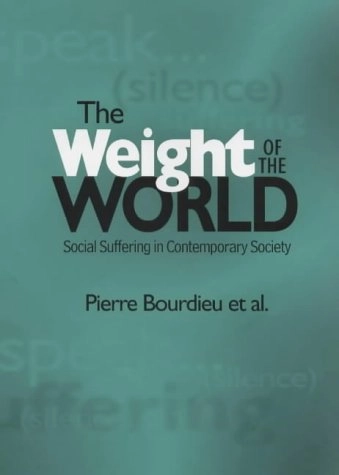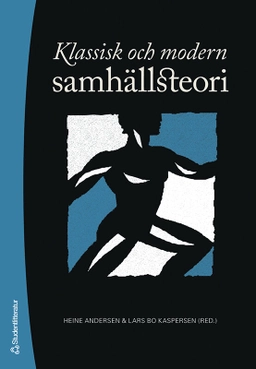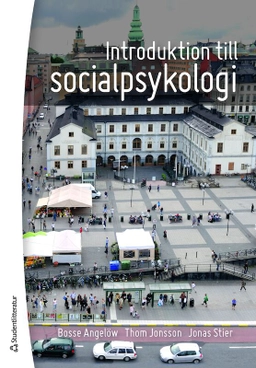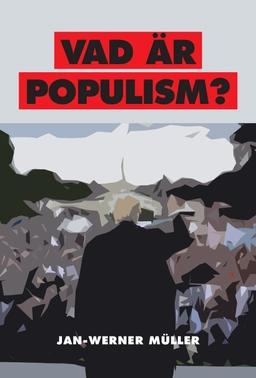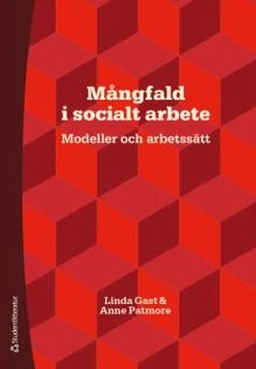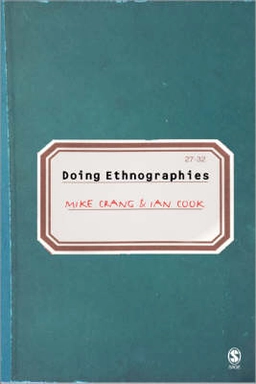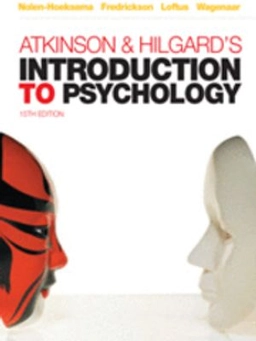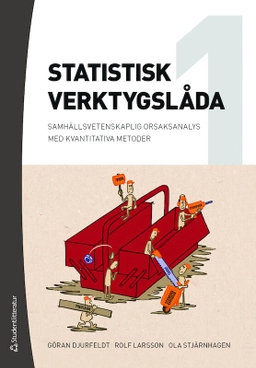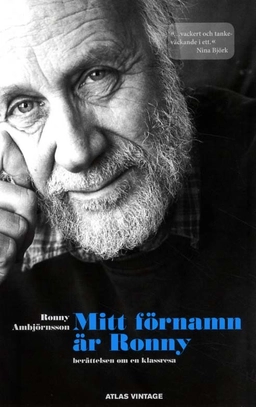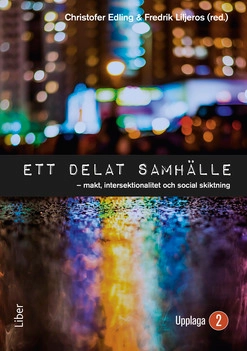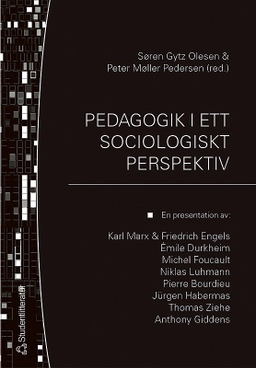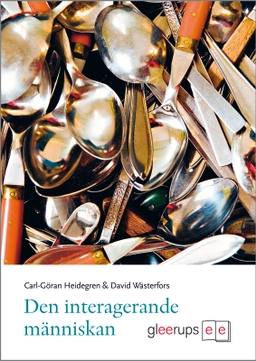Confined in their governmental offices and with their eyes fixed on the opinion polls, politicians and state officials are all too often oblivious to the lives of their citizens. On the other hand, the ordinary men and women who have so much hardship in their lives, and so few means to make themselves heard, are obliged either to protest outside the official frameworks or remain locked in the silence of their despair. Under the direction of Pierre Bourdieu, a team of sociologists spent three years analysing the new forms of social suffering that characterize contemporary societies - the suffering of those who are denied the means of acquiring a socially dignified existence, as well as the suffering of those who are poorly adjusted to the rapidly changing social and economic conditions of their lives. Declining housing estates, the school, the family, street-level state services, the everyday world of social workers, teachers and policemen, factory workers and white-collar clerks, the universe of small farmers and artisans, of teachers and of the unemployed and partly employed: these are just some of the spaces where conflict occurs, where specific discriminations and recriminations, tensions and contradictions, abound and accumulate, and where new forms of suffering are produced and experienced by ordinary people in the course of their daily lives. This book can be read like a series of short stories - the story of a steel worker who was laid off after twenty years in the same factory and who now struggles to support his family on unemployment benefits and a part-time job; the story of a trade unionist who finds his goals undermined by the changing nature of work; the story of a family from Algeria living in a housing estate in the outskirts of Paris whose members have to cope with pervasive, everyday forms of racism; the story of a school teacher confronted with urban violence; and many others as well. Reading these stories enables one to understand these people's lives and the forms of social suffering which are part of them. And the reader will see that this book offers not only a distinctive method for analysing social life, but also another way of practising politics. The publication of this book was a major social and political event in France, where it topped the best-seller list and triggered a wide-ranging public debate on inequality, politics and social solidarity. It will be essential reading for all those - including social scientists, educators, social and political activists and ordinary citizens - who are concerned about the current state of contemporary societies.
Åtkomstkoder och digitalt tilläggsmaterial garanteras inte med begagnade böcker
